Estimated reading time: 8 minutes
There is a seemingly endless array of livestock options. To decide which animals are right for your homestead, you'll need to consider several factors, among which are the size of your homestead, your end goal with livestock, and the time you'll have to spend taking care of them each day.
Maybe being available to milk a dairy cow twice a day doesn’t work with your schedule, but making time for a few minutes of chicken feeding does.
In this article, we’ll explore some of the most common types of livestock for small to medium-sized homesteads.
Want to save this post for later? Click Here to Pin It On Pinterest!
1. Chickens
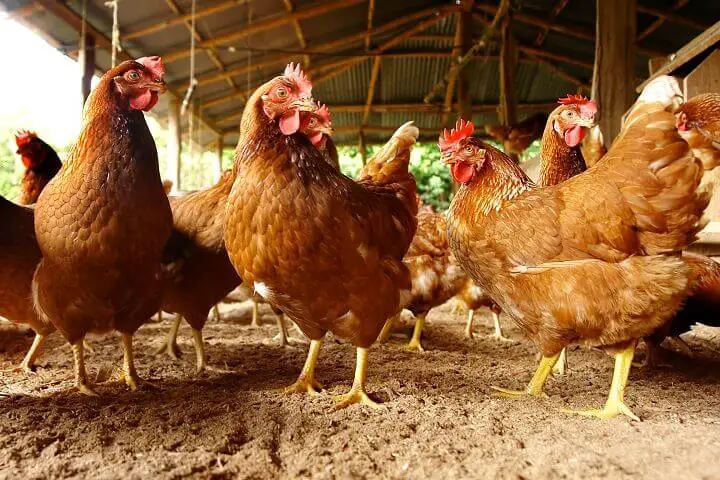
Arguably the most common type of animal seen on any homestead (or backyard garden) are chickens, and they have a variety of benefits. First and foremost, they don’t require a lot of daily chores. Making sure they have access to plenty of food, water, supplemental greens and outside exercise is enough to ensure a steady supply of farm fresh eggs and meat for your household.
The infrastructure requirements for chickens are also minimal. For laying chickens, make sure your coop has windows so that sunlight can penetrate to the litter on the floor. Sunlight destroys many harmful pathogens that can live in the litter and spread disease within your flock.
Having clean, dry nesting boxes for your birds is also essential, with plenty of places for them to roost when it’s time to sleep at night. For meat birds, called broilers, nesting boxes aren’t necessary. But with all chickens, it is crucial that they have a clean, dry area free from drafts that they can easily access.
2. Pigs
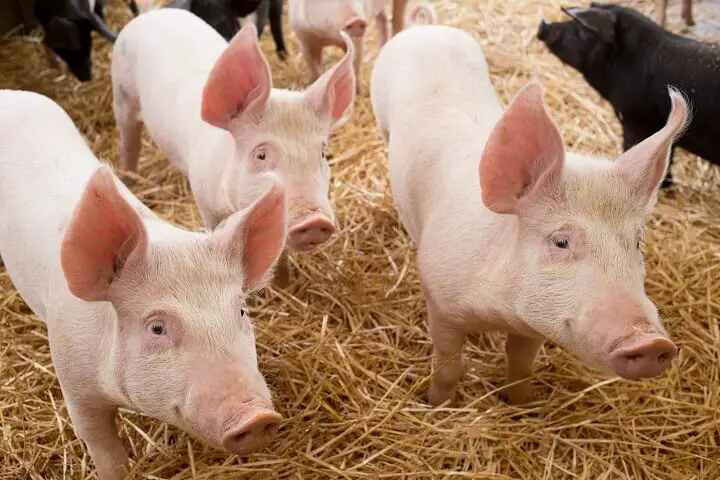
In my opinion, pigs can be one of the most useful animals on your homestead. At our farm, we loose the pigs into a section of land we are getting ready to clear. They knock down the vegetation, root up the ground, and expose fallen logs and other woody debris.
After the pigs have done their initial clearing work, it is much easier for us to go in and prep the new pasture and garden bed with equipment. And to top it all off, they fertilize the new area as they go.
Pigs also require very little infrastructure to keep them happy. A small, dry lean-to where they can get out of the wind and rain is all they need in terms of housing. For fencing, I strongly recommend using an electric fence.
As long as they are trained properly on it when they are little, it is the only fence I have seen that can contain a determined pig. Pigs are very smart, which makes them a joy to have on the homestead, but also makes them talented escape artists. Luckily, electric fencing is inexpensive and easy to set up and takedown.
3. Waterfowl
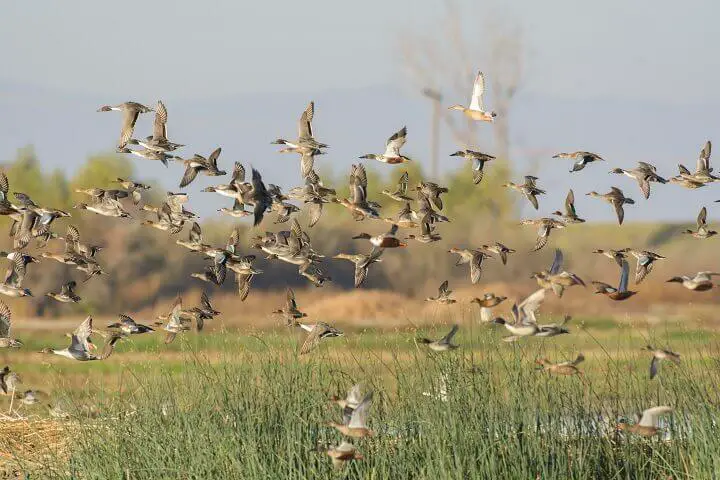
Ducks and geese are perhaps one of the best-kept secrets when it comes to poultry for your homestead. If you live in a particularly cold part of the country, ducks and geese may be a better option than chickens.
Egg for egg, there are many ducks that lay just as well as conventional laying chickens. Our Khaki Campbell ducks, for example, regularly give us an egg a day and are much more hardy to outside temperatures.
While all laying birds require a little supplemental heat and light to keep them laying throughout the winter months, ducks require significantly less added light than chickens.
Although not great layers, geese are an excellent meat bird to have on your homestead. In the summertime when we have our poultry on pasture, we turn the geese out with the chickens. Their noisy calls alert the chickens to any aerial predators and allow the chickens time to get undercover.
Geese also forage and grow on pasture much better than meat chickens do, reducing your feed costs. Goose meat is dark, juicy and flavorful, and it's a favorite of ours during Christmas and Thanksgiving.
4. Rabbits
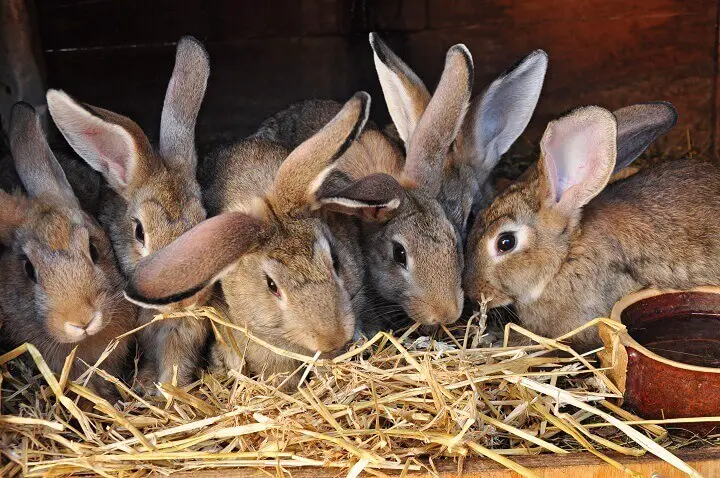
Rabbits may be one of the most economical meat sources you can have on your homestead. They grow quickly and produce large litters so it is feasible for you to get up to 600 pounds of meat a year out of one pair of breeding does.
They also use feed extremely efficiently. It takes approximately four pounds of feed to create one pound of meat in a rabbit, whereas a cow takes seven pounds of feed to create just one pound of beef.
Rabbit meat is also very healthy. It is high in protein, low in fat, and lower in cholesterol than any other meat on the market. It tastes a lot like chicken but more flavorful, and it's delicious fried, baked in the oven, or added to stews.
Rabbits are also a great source of fertilizer. Unlike with chicken feces, you can apply rabbit pellets straight onto your garden without worrying about burning your plants with excess nitrogen.
In the summer, our rabbits graze on pasture with wire-bottomed cages that let them access the grass underneath. In the winter, these same cages are either placed on garden beds to fertilize them for the next spring, or hung up so that we can easily collect the droppings that fall below.
5. Goats
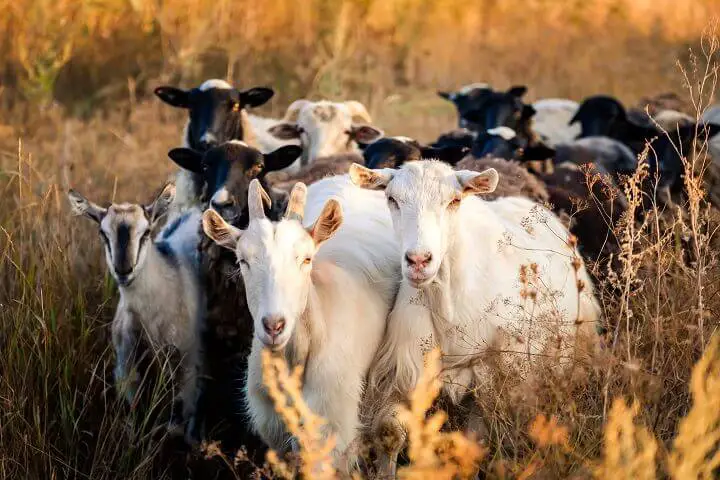
Goats are extremely versatile with a wide variety of uses on the homestead. You can raise them for meat, dairy, or fiber, they are an effective method of brush control for your pastures, and they have personalities that will have you laughing for days.
If you’re raising goats for dairy, you can reasonably expect anywhere from one to one and a half gallons per day from the most common milking breeds. The milk can be drunk straight, used as a feed additive for your pigs, or turned into yogurt or cheese.
For meat, goats are not the most efficient animals. Their feed efficiency is similar to cows, with seven pounds of grain needed for every one pound of meat produced. Goat meat is delicious and rapidly growing in popularity, and when you take into account their other uses, they make a happy addition to your homestead.
6. Sheep
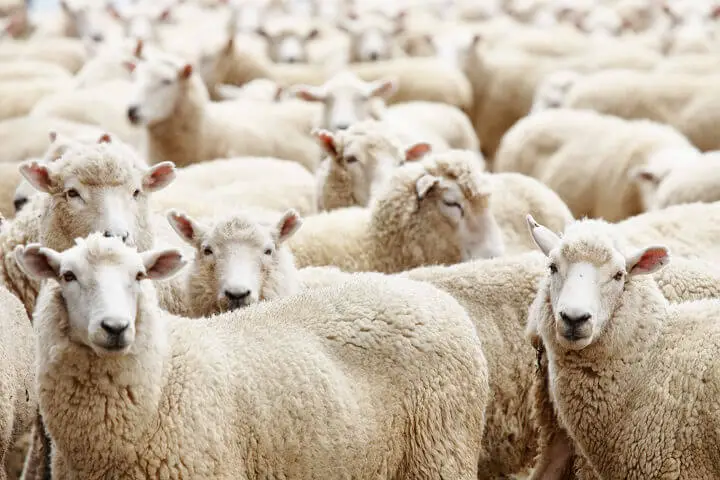
Sheep are a classic choice for a reason: they offer both meat and wool, making them dual-purpose animals ideal for many homesteaders. With their gentle demeanor, they can be easily managed by families, including those with young children.
One of the primary advantages of raising sheep is wool production. The annual shearing of mature sheep can provide a significant amount of wool, which can be sold, used for home projects, or even spun into yarn for knitting. Many homesteaders find the process of hand-spinning and dyeing their wool to be incredibly rewarding.
On the meat side, lamb is a delicacy in many parts of the world. Apart from that, sheep are exceptional foragers and can efficiently convert pasture to meat. Not to mention, their grazing helps in maintaining the pasture, reducing weeds, and promoting healthy grass growth.
They do require good fencing to prevent them from wandering, but their needs in terms of infrastructure are relatively minimal. Lastly, sheep manure is an excellent fertilizer that can be directly added to garden beds, enriching the soil with essential nutrients.
7. Bees
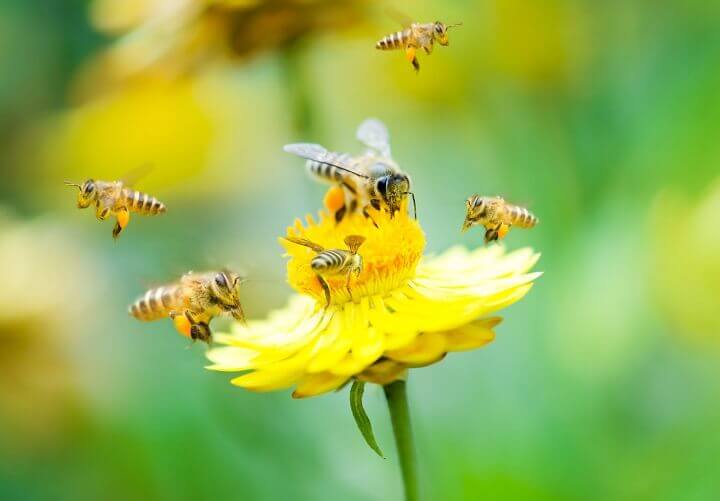
While bees aren't traditionally considered livestock, they can play an essential role in a successful homestead. Not only do they produce honey, a delicious natural sweetener, but they also provide beeswax, which has countless uses from candles to homemade lip balms.
More importantly, bees are crucial for pollination. If you have a garden or orchard on your homestead, a healthy bee colony can significantly improve the yield of fruits and vegetables. This symbiotic relationship is one that benefits every aspect of a homesteading ecosystem.
Setting up a beehive requires a bit of initial investment and education. However, once established, the bees are relatively low-maintenance, requiring just periodic inspections, feeding during nectar shortages, and honey harvesting. Additionally, keeping bees supports biodiversity and promotes a healthier environment.
Considering these benefits, bees are indeed a wonderful addition to any homestead, large or small. They not only provide sweet rewards but also enhance the productivity and harmony of the entire property.
Like this post? Don't Forget to Pin It On Pinterest!
You May Also Like:

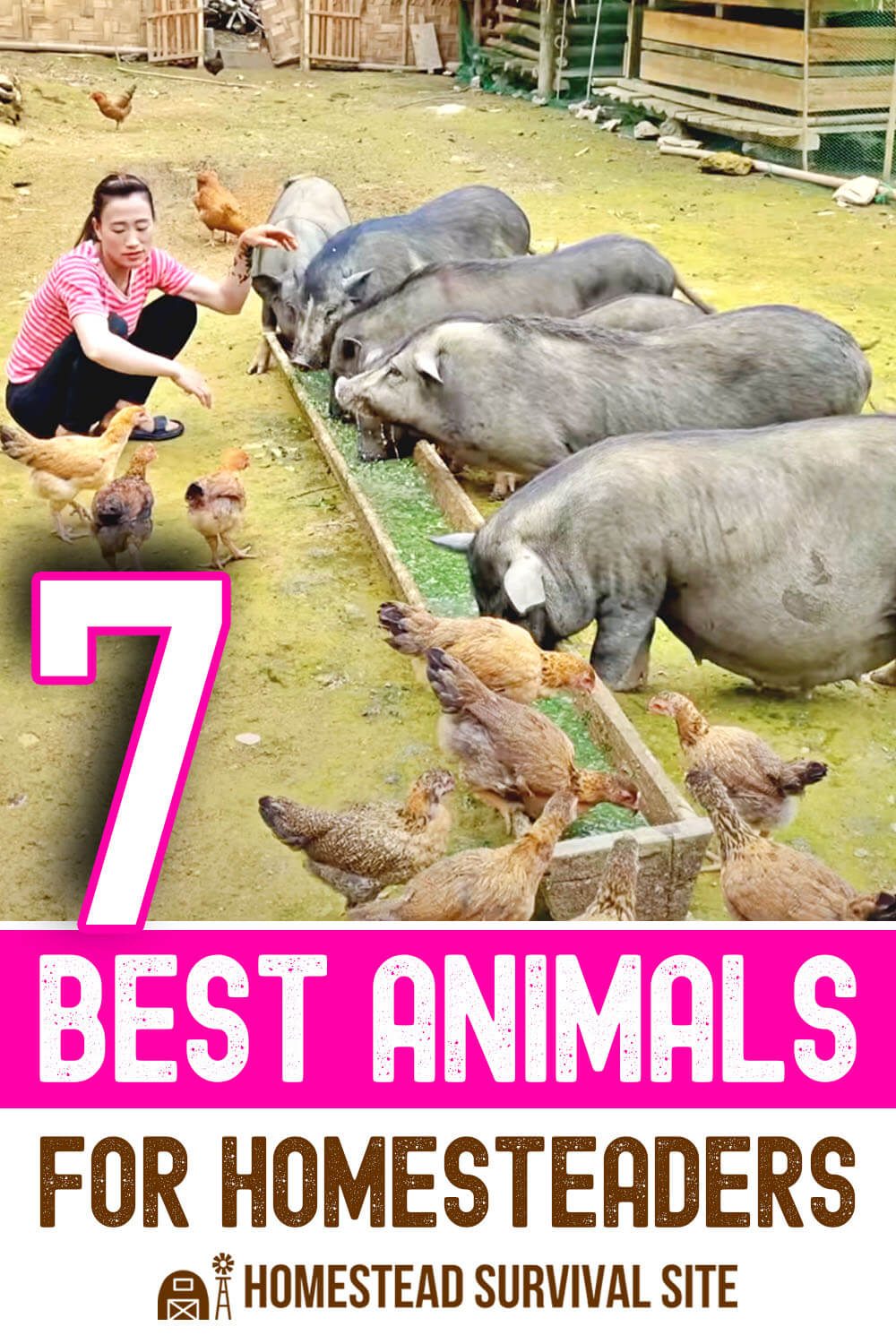


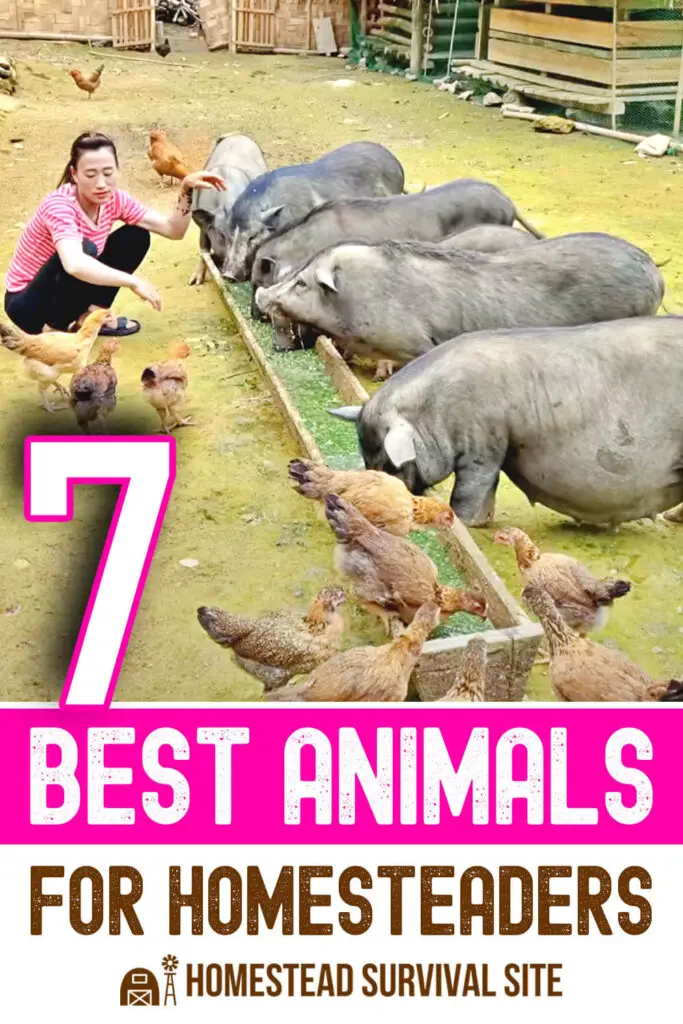


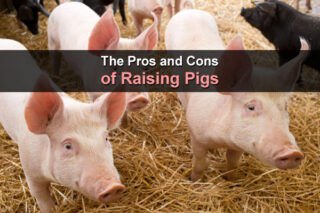
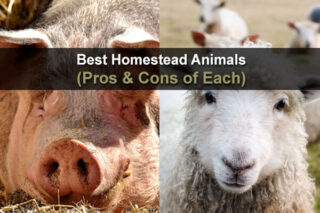

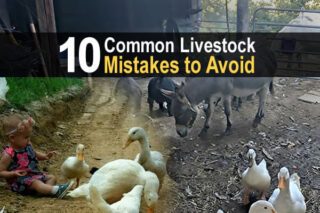
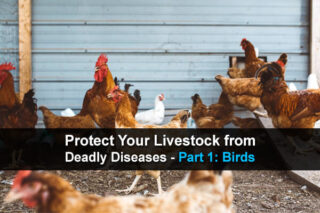
I hate the sponsored Obama ad. Not all homesteaders feel political or want to see negative stuff.
👍🏻
It’s pretty simple. Don’t come to this site. They have to sell Ad Space to be able to put up this site for us. There is a saying that is gaining popularity. If you don’t like what they put up, No One is forcing you to come here so Scroll On !!!!!
Ads bring in revenue that makes this site free to you. You have 2 choices. Don’t come to this site or just ignore the ads.
I own an acre of land, most of it is in the back yard. I have 4 chickens, (Rhode Island reds).
I have 9 fruit trees in the back growing on there own, 12′ tall and one lemon that I water. I have been thinking about Goats. I get a lot of weeds and grass in the spring and it would be nice to have help. Will they work for me?
Thanks for your information,
Bill
i’m not an expert but from what I know and have seen in our farm community, goats could help you. What/where will they grazed the rest of the year? One man has goats he rents out to clear weeds and brush.
We had goats and as much as I liked them, they were hard on some of our trees. They ate the bark off some, it seemed whatever we did, we could not contain n them with fences. Others may have found a way to protect trees, so continue to ask around and good luck to you! One our goats got out and ate the seat of my hubby,’s new motorcycle! So consider GREAT fencing!!!
No, I just got goats (2 mini Nubians and a couple mostly nursing babies), I am floored how much brush they go thru. I used to live on 0.78 acres and now we live on 70+ acres. There’s no way your current property size would have enough forage for them for more than say a couple days. Even if your whole plot was a tangled mess of underbrush, I would say my goats would eat thru an acre easily in 2 weeks. You would have to plan on bringing in a lot of hay and exclusively hay feeding if you want goats. When goats eat, except for grass (which they don’t prefer tbh and it has to be no shorter than 4-6″ tall or else prone to parasites), they eat all the leaves off things and some of the branches and kill the plants. So your forage not be regrowing regularly. Also, they may not eat only certain of the forage you have – not perfect landscapers (pickiness, not good for them, won’t eat them certain days etc.) One of their favorite are fruit trees and they will 100% kill your trees. We have been successful with portable net electric fencing but if the charge is weak or accidentally off, they WILL get out and with your property size, head straight for your fruit trees. Personally with your property size we did ok with two feeder pigs and layer chickens and broilers. The property size is too small for ruminants small or larger, unless you penned in one spot and hay fed (and for goats that means a dry lot so that parasites don’t build on grass based lots).
Hi, my name is Wilson. I am new when it comes to farm goats. I would like more information about “goat farm.”
I am looking for to hearing from you
Yours sincerely